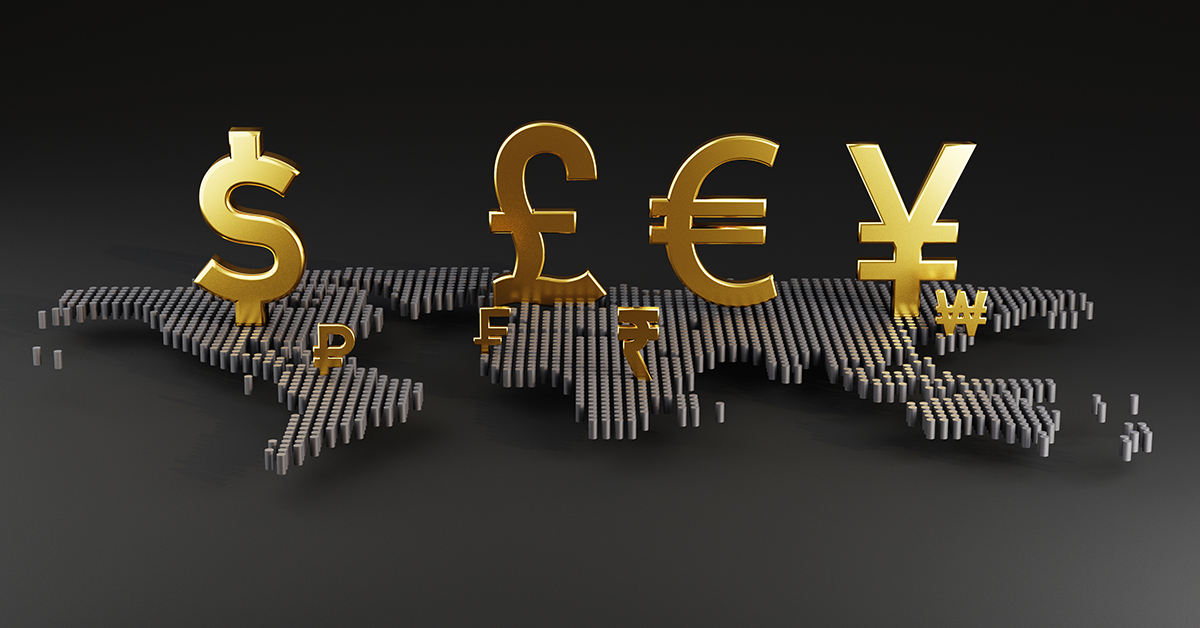
The Dynamic World of Forex Trading: Navigating the Foreign Exchange Market
The foreign exchange market, or Forex, is one of the largest and most liquid financial markets globally. With a daily trading volume exceeding $6 trillion, it attracts investors, corporations, and governments alike. In this article, we will delve into the intricacies of Forex trading, covering essential concepts, strategies, and tips for success. For those looking to deepen their knowledge, explore forex trading foreign exchange market https://trading-asia.com/ for further resources.
Understanding Forex Trading
Forex trading involves the buying and selling of currency pairs. A currency pair consists of a base currency and a quote currency, such as EUR/USD, where the Euro is the base currency and the US Dollar is the quote currency. When trading, you are essentially speculating on the price movement of the currency pair. If you believe the base currency will strengthen against the quote currency, you would buy the pair. Conversely, if you believe it will weaken, you would sell it.
The Importance of Leverage
One of the defining features of Forex trading is the ability to use leverage. Leverage enables traders to control larger positions with a smaller amount of capital. For example, a leverage ratio of 100:1 allows traders to control $100,000 with just $1,000. While leverage can amplify profits, it also increases the potential for losses, making risk management crucial for successful trading.
Factors Influencing Currency Prices
Several factors impact currency prices in the Forex market:
- Economic Indicators: Economic data such as GDP growth, unemployment rates, and inflation can influence currency values. Traders analyze these indicators to gauge the economic health of a country.
- Central Bank Policies: Central banks, such as the Federal Reserve or the European Central Bank, play a crucial role in shaping currency values through interest rate decisions and monetary policy.
- Political Events: Political stability or instability, elections, and trade agreements can create uncertainty and affect currency valuations.
- Market Sentiment: Traders‘ perceptions and emotions can drive market movements, sometimes leading to price fluctuations based on news events or geopolitical tensions.
Types of Forex Analysis
There are three primary methods of analyzing the Forex market:
1. Fundamental Analysis
This approach involves examining economic indicators, political events, and news to forecast price movements. Traders who use fundamental analysis focus on long-term trends and often plan their trades accordingly.
2. Technical Analysis
Technical analysis focuses on historical price data and chart patterns to predict future movements. Traders use various tools such as indicators (moving averages, RSI, MACD) and chart patterns (head and shoulders, triangles) to make informed decisions.

3. Sentimental Analysis
This method evaluates the overall mood of the market. Understanding whether the market is predominantly bullish or bearish can help traders gauge potential market movements.
Developing a Forex Trading Strategy
Successful Forex traders typically have a well-defined trading strategy. Here are some key elements to consider when developing your strategy:
- Define Your Goals: Establish clear and realistic trading goals based on your risk tolerance and financial situations.
- Choose a Trading Style: Decide whether you want to engage in day trading, swing trading, or position trading, based on how much time you can dedicate.
- Risk Management: Implement risk management strategies, including setting stop-loss orders to protect your capital from significant losses.
- Backtesting: Before committing real money, backtest your strategy using historical data to evaluate its potential effectiveness.
The Role of Online Brokers
Forex trading is facilitated by online brokers who provide platforms for trading currency pairs. Choosing a reliable broker is essential, as it impacts your trading experience and potential profitability. Factors to consider when selecting a broker include:
- Regulation: Ensure the broker is regulated by a recognized authority, which adds a level of security to your trades.
- Trading Platform: A user-friendly and stable trading platform is crucial for executing trades efficiently.
- Spreads and Fees: Compare the spreads and fees charged by different brokers. Lower costs can lead to higher profitability.
- Customer Support: Reliable customer support can assist you in resolving issues quickly and may enhance your trading experience.
Common Mistakes to Avoid
New traders often fall into common traps that can hinder their success. Here are a few mistakes to avoid:
- Neglecting Risk Management: Failing to implement risk management strategies can lead to significant losses that may wipe out your trading account.
- Overleveraging: Using excessive leverage without a clear understanding can amplify losses beyond your initial investment.
- Emotional Trading: Making impulsive decisions driven by fear or greed can derail a well-thought-out trading plan.
- Inadequate Research: Failing to stay informed about market news and economic events can lead to poor decision-making.
The Future of Forex Trading
The Forex market is constantly evolving, driven by technological advancements and changing global dynamics. Innovations such as algorithmic trading, artificial intelligence, and blockchain technology are reshaping trading strategies and making the market more accessible to retail traders.
Moreover, with the increasing adoption of mobile trading applications, more individuals can participate in Forex trading from anywhere in the world, making the market more dynamic than ever before.
Conclusion
Forex trading offers exciting opportunities for profit but requires a solid understanding of market mechanics, analysis techniques, and risk management strategies. By educating yourself and adopting a disciplined approach, you can navigate the complexities of the foreign exchange market and work towards achieving your trading goals. Remember, success in Forex trading takes time, patience, and ongoing learning.
